
In today’s fast-paced world, people are increasingly burdened by the hustle and bustle of daily responsibilities. Amid the rush to accomplish everything on our to-do lists and more, the profound experience of church holidays often eludes us. At times, it seems we’ve forgotten one of God’s core commandments delivered through Moses: to labor for six days and dedicate the seventh to the Lord. Conversely, some recognize Sunday as a day of rest, yet spend it in excessive idleness or indulge in sinful pleasures.
In his enlightening collection of epistles, Saint Paisios offers invaluable insights, undoubtedly inspired by the Holy Spirit and validated through his own experiences. Through vivid examples, the venerable elder instructs us on how to honor Sundays and church festivals in ways that truly please God. While much of his advice is directed towards monastics, laypeople are equally encouraged to aspire towards these ideals for a life enriched with Christ.
How to Spend a Church Feast Day in Spirit?
1. Participate Fully in Services: Saint Paisios emphasizes the importance of attending the All-Night Vigil and the Divine Liturgy during major feasts and partaking in Holy Communion. He notes that on these days, the Lord abundantly blesses Christians with love and joy, elevates us to spiritual heights, and renews us to true life if we partake in the celebrations alongside the Church. “Then we feast spiritually, drinking the heavenly wine brought by the Saints, which they offer us.”
Regrettably, the elder observes that many fail to grasp the significance of these spiritual practices and neglect attending the Divine Liturgy on Sundays and feast days. He laments, “The Divine Liturgy sanctifies a person. If a Christian does not go to church on Sunday, how will he be sanctified?”
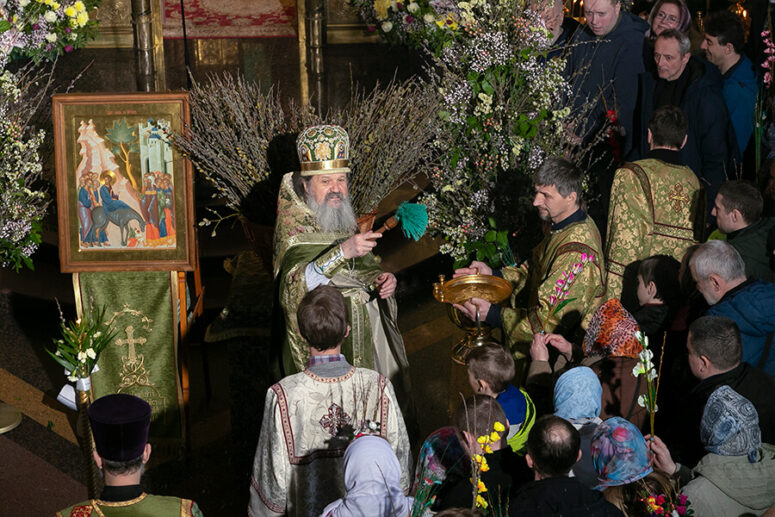
2. Prioritize Spiritual Reflection Over Mundane Preparations: Elder Paisios cautions against drowning our minds in mundane concerns such as preparing festive meals or getting caught up in pre-holiday worries, which detract from spiritual nourishment. He advocates for a contemplative approach to feasts: “We should meditate on the events of each of the holy days, whether it be Christmas, Epiphany, Pascha, or any other feast, and say the Jesus Prayer, praising God. In this way, we will celebrate every feast with much reverence.” Additionally, he emphasizes the importance of attentively listening to the festal verses and troparia during divine services, as they provide deeper insights into the essence of the feast or the deeds of the saints being commemorated. “When one’s mind dwells on divine meanings, one experiences sacred events and is thus transformed,” Elder Paisios explains.
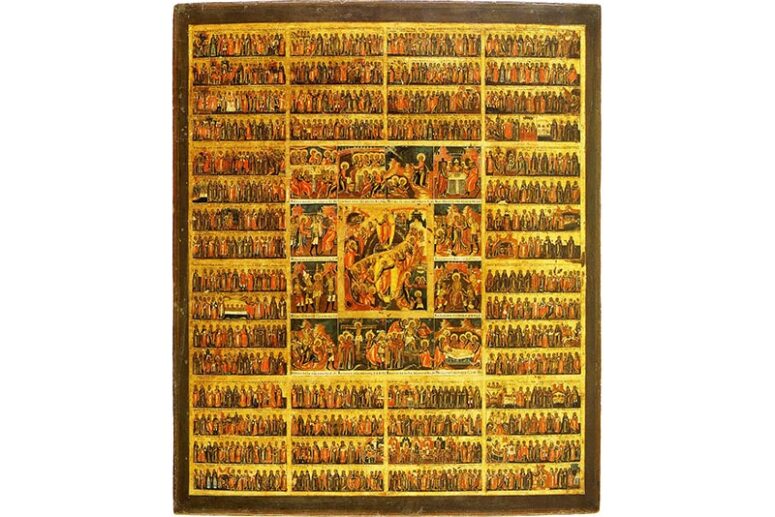
3. Cultivate Spiritual Friendships with Saints: According to Elder Paisios, reflecting on the saints we commemorate fosters a reciprocal spiritual relationship: “If we think about the saints whose memory we commemorate, then the saints also think about us and help us.” This establishes a spiritual friendship more steadfast than any earthly one.
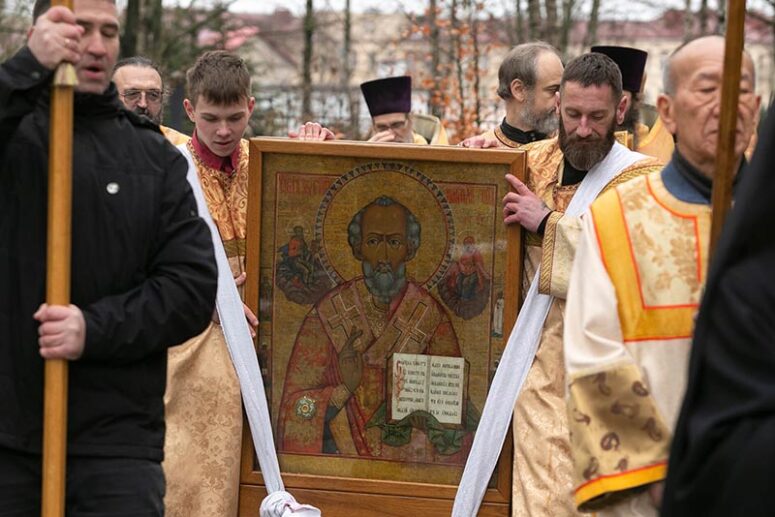
He further instructs, “To receive help, we must always reverently celebrate the memory of the saints who shed blood or sweat and tears for the sake of Christ’s love.” He suggests standing attentively during church readings of the saints’ lives, akin to soldiers honoring their fallen comrades, emphasizing our role as ‘soldiers of Christ’ engaged in spiritual warfare daily.
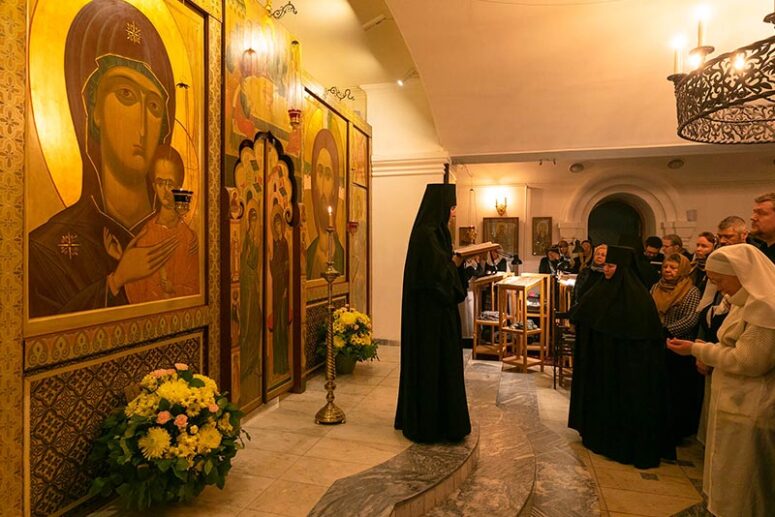
4. Embrace Silence on Feast Days: Elder Paisios advises that “Silence on feasts is of great benefit.” Feast days and Sundays are intended for peace and tranquility, allowing for spiritual reading and prayer. This calm aids in deeply experiencing the significance of the celebration. While laypeople may need to work during many church feasts, making it possible only to attend Divine Liturgy in the morning, Elder Paisios encourages everyone to strive for a quieter disposition than usual on these sacred days. Orthodox prayer books reflect similar sentiments, particularly in the “Thanksgiving Prayers after Communion,” which urge the faithful to “abide in purity, abstinence, and discretion” to properly maintain the sanctity of the received Sacrament.
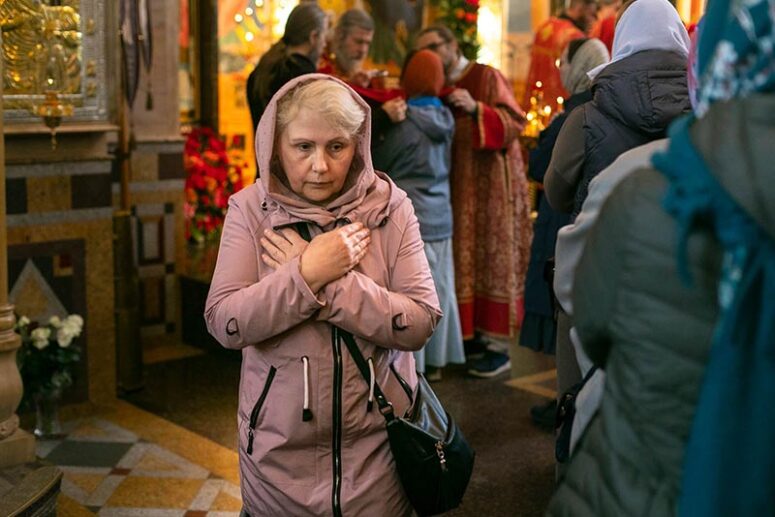
5. Maintain Strong Faith in God’s Help and Prioritize Divine Liturgy: Elder Paisios emphasizes the importance of setting aside minor and non-urgent tasks on feast days to focus on spiritual enrichment. “So that all our labours may be sanctified, so that we may have the blessing of God – the spiritual things must be done first,” he advises. He shares an anecdote from his early monastic days to illustrate this point: A cell attendant at his monastery always remained until the end of the Divine Liturgy and managed his duties efficiently despite starting later than others. In contrast, the young Father Paisios, who left the Liturgy early to prepare for meetings, often faced mishaps like spilled coffee pots or dropped glasses. This taught him the value of trusting in God’s timing and assistance, highlighting that spiritual dedication brings its own rewards.

6. Avoid Work on Feast Days Whenever Possible: Elder Paisios strongly advocates for refraining from work on feast days, explaining that doing so allows one to fully experience the spiritual significance of the day. “By working on days when the Church’s statutes advise rest, we give the devil rights over us, and he interferes in what we do from the beginning,” he notes. He recalls how monks on the Holy Mountain would not unload deliveries on feast days, preferring to risk losing goods rather than dishonor the sanctity of the day. Elder Paisios lamented seeing changes in these practices later in life, where monks would prioritize work over spiritual observance. He concludes with guidance for the faithful: “It is better, if possible, to work longer on the previous day, so that during and after Vespers on the eve of a feast one does not work.” This approach ensures that even necessary tasks are handled with discretion and do not detract from the sanctity of feast days.
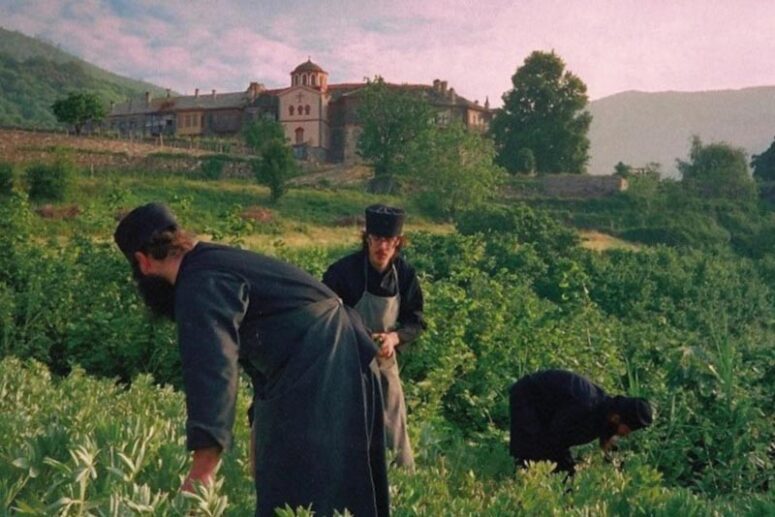
Elder Paisios on the Spiritual Importance of Sundays
The guidance provided by Elder Paisios applies equally to Sundays, which he emphasizes as feasts of the “Little Pascha.” He underscores the importance of honoring this day, aligning it with a divine commandment, and provides potent examples illustrating why this observance is crucial.
“In earlier times, only Sunday was considered a day off, following a week of work. Later, Saturday was also designated as a day off. However, has this change led to more spiritual living, or has it increased sinfulness? Unfortunately, we often misuse our freedom, opting for worldly rather than spiritual activities. If people dedicated their time to spiritual growth, their lives would be more focused. Yet, we, being flawed, tend to misuse even the spiritual gifts, attempting to take more than we give.”
Elder Paisios shares a poignant example involving Athonite Elder Menas to highlight that activities done instead of attending Divine Liturgy on Sunday do not please God. One Sunday morning, a fisherman offered Father Menas freshly caught fish. Surprised, the elder asked, “When did you catch this?” The fisherman responded, “This morning.” Disapproving, Father Menas exclaimed, “Throw it out! It’s cursed. Not even a cat will touch it.” True to his word, a nearby cat refused the fish, illustrating the sanctity of observing Sunday rest.

St. Paisios himself never worked on Sundays or religious holidays, experiencing God’s blessings in his endeavors. He recounts an episode from his youth when combine harvesters were scheduled to reap wheat on a Sunday. He insisted on waiting until Monday, preferring church attendance to agricultural duties. Miraculously, when the harvesters began work on Sunday, their machines malfunctioned and were only repaired the following day.
Such events were common in his experience. He recalls a fire that erupted when monks started cutting wood on a Sunday afternoon following the Dormition of the Mother of God. Despite clear skies, a sudden thunderstorm sparked a severe fire. Unfazed by divine disapproval, the monks resumed their activities the following Sunday, showing disregard for the spiritual significance of the day.
In the past, peasants would cease their fieldwork to pray upon hearing the Vespers bell, a practice mirrored by women pausing their domestic chores. These acts of devotion brought them health and joy. Sadly, today’s disregard for sacred days leads many away from God and towards spiritual and physical ailments.
Elder Paisios once advised a visitor, whose child was mysteriously ill, to refrain from Sunday labor. When the man heeded this advice, his child miraculously recovered.

Elder Paisios firmly believed in the protective power of observing Sundays and holy days: “I consistently advise laypeople to avoid work on these days to prevent misfortunes. With spiritual sensitivity, one can find a solution in any situation. Accepting minor losses for the sake of spiritual observance ultimately leads to supreme blessings.”
These teachings, while simple, are profound. By integrating them into our lives and imparting them to our loved ones, we can achieve spiritual heights and live in a manner that pleases the Lord.
Prepared by Anastasia Parkhomchik



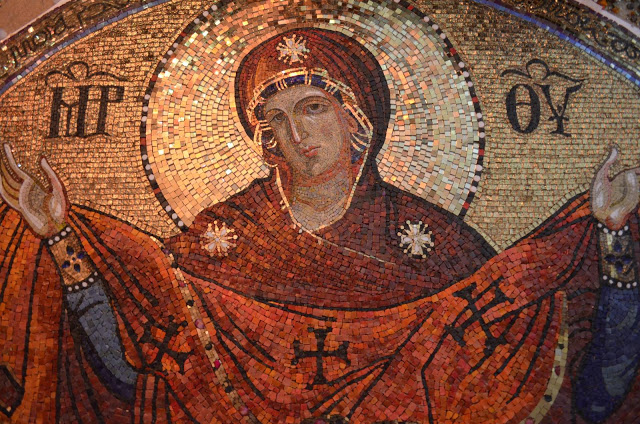
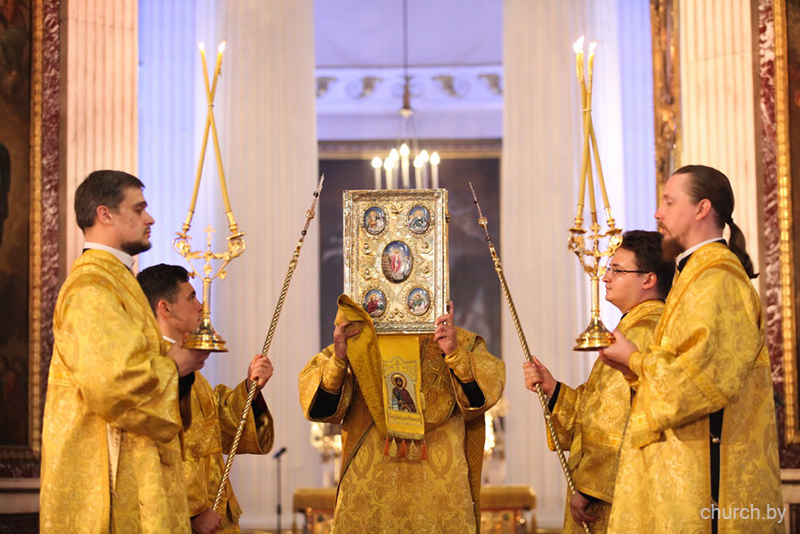
Awesome article. Thank you for posting. St. Paisios recommendations are more pertinent than ever nowadays.
Thank you so much for sharing this wisdom, it is much needed in my life! I will try to begin this observance as it gets neglected in my busyness!
Thank you. This is so important, now more than ever! True wisdom.